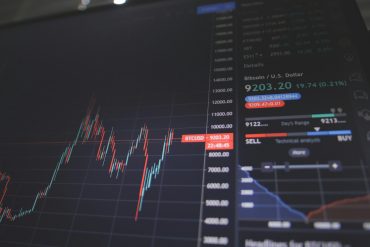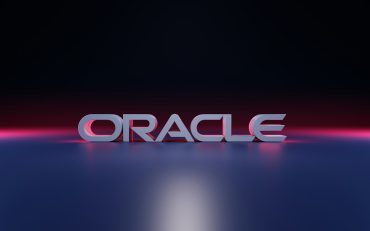Electronic Arts, the reputable videogame developer, is planning to exit public markets in what would be the largest leveraged buyout in history. The maker of Battlefield and Madden NFL has agreed to a $55 billion take-private deal backed by Saudi Arabia’s Public Investment Fund, Jared Kushner’s Affinity Partners, and Silver Lake.
The consortium will finance the transaction with $36 billion in cash, equity held by the PIF, and $20 billion in debt arranged by JPMorgan. EA shareholders will receive $210 per share, a 25% premium to the stock’s price before news of the talks broke. Shares climbed over 5% Monday on the announcement.
A New Era for EA
For EA, the move comes at a critical moment. The company has leaned heavily on its perennial sports franchises—FIFA, Madden NFL, and NBA Live—as well as its blockbuster shooter series Battlefield to navigate a volatile video game market. With gamers more selective in their spending, predictable revenue streams from live services and in-game purchases have been the company’s bedrock.
Going private gives EA access to deep-pocketed investors willing to back longer-term, riskier projects that public shareholders may have resisted. Analysts argue this could open the door to bolder bets in emerging areas like cloud gaming, VR, and esports.
Strategic Motivations for Investors
The buyout is also strategic for its backers. For Saudi Arabia’s PIF, the deal fits its push to diversify beyond oil and invest in global entertainment and sports assets. Gaming is central to the kingdom’s plan to become a cultural hub, and EA’s catalog of globally recognized franchises makes it an attractive anchor investment.
Silver Lake’s role adds private equity expertise and industry knowledge, while Affinity Partners gains a high-profile win in gaming. Together, the consortium is signaling confidence in the long-term value of gaming IP, even as the sector faces slowing growth after the pandemic boom.
Risks of a Mega LBO
The sheer scale of the transaction also revives memories of past mega buyouts that ended badly. The $45 billion TXU Energy deal in 2007 and Toys “R” Us’s $6.6 billion buyout both ended in bankruptcy, raising questions about whether debt-heavy structures can withstand cyclical downturns.
For EA, $20 billion in new debt could prove burdensome if gaming demand falters or new titles underperform. Benchmark analysts noted that while the $210 per share offer looks strong, it may undervalue EA’s pipeline, particularly with Battlefield 6 nearing launch and incremental bookings projected to add billions over the next few years.
Looking Ahead
The transaction is expected to close in early fiscal 2027, with CEO Andrew Wilson staying on to lead the company from its Redwood City headquarters. Regulatory approvals and financing conditions remain key hurdles, but the deal underscores how investor appetite for mega buyouts is returning.
For shareholders, the premium is immediate. For EA as a private company, the test will be whether its new backers can unlock greater growth and innovation without repeating the missteps of past leveraged giants. Investors across the gaming and private equity space will be watching closely to see if this marks the start of a new wave of blockbuster buyouts.


